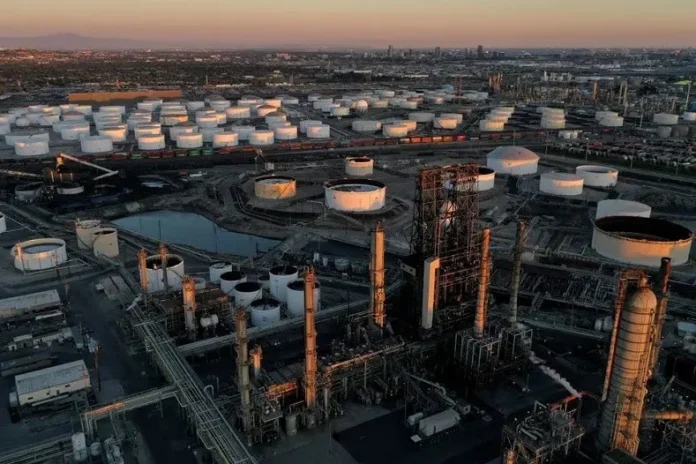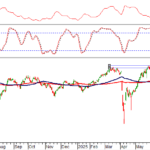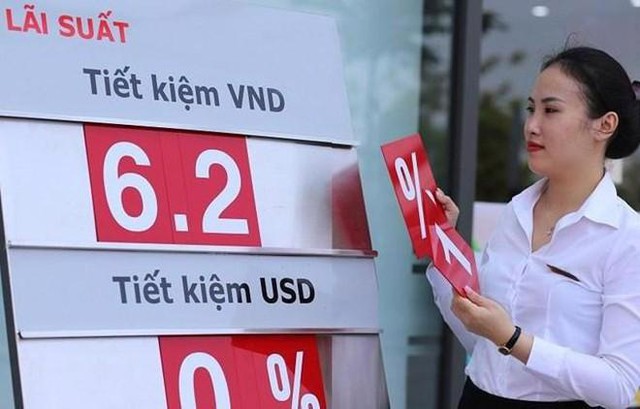Gold and Oil Prices Surge Amid Geopolitical Tensions
Spot gold prices on Monday morning, June 16 (Vietnam time) remained near historic highs, trading around $3,435 – 3,455 per ounce, according to Reuters.
The precious metal’s rally is strongly supported by escalating geopolitical tensions between Israel and Iran, along with robust demand from central banks.
The Economic Times reports that analysts from Goldman Sachs, Citi, and JP Morgan have optimistic forecasts for gold prices. Goldman Sachs raised its gold price target for the year to $2,900 per ounce, citing consistent demand from central banks, particularly from China.
Citi predicts gold could surge to $3,000 per ounce within the next six months due to global tensions and lingering economic concerns.
JP Morgan provides the boldest forecast, suggesting gold could surpass $4,000 per ounce by mid-2026, driven by fears of a global recession and persistent inflation.
CoinCodex even predicts gold prices could peak at approximately $4,147.95 per ounce in December, with an average of $3,569.97 for the year.
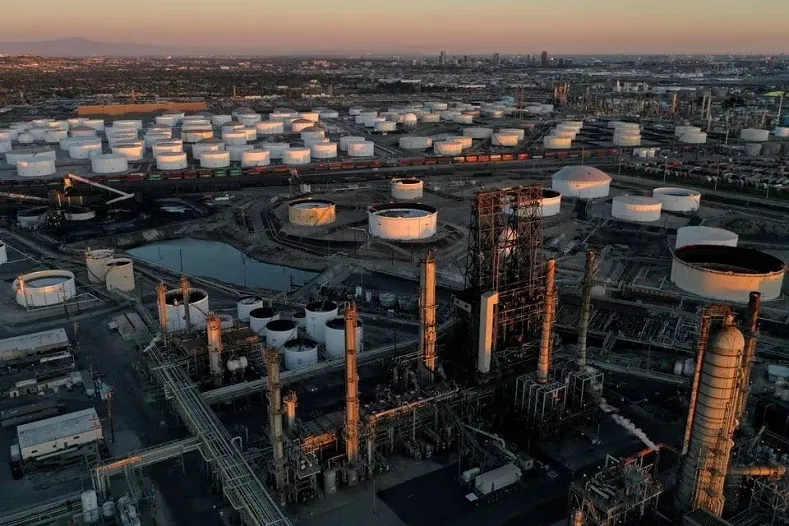
Oil prices surge following political unrest between Israel and Iran.
Daniel Pavilonis, Senior Market Strategist at RJO Futures, commented: “Israel’s attacks on Iranian targets are causing some geopolitical fear in the market. Prices will remain elevated as we wait to see what happens next, especially any retaliation from Iran.”
Oil prices recorded a slight recovery at the beginning of the week after facing downward pressure. Brent crude oil traded around $83 – 85 per barrel, while WTI oil prices ranged from $79 – 81 per barrel. The rebound in oil prices reflects concerns over supply disruptions from the Middle East following Israel’s attacks on Iranian targets, including the crucial South Pars gas field.
Energy and oil market analysts view Israel’s surprise military strikes on Iranian targets as an “instant market shock.”
Andy Lipow, President of Lipow Oil Associates, stated that the market is particularly worried about Iran retaliating by targeting Israeli or American assets, leading to a major military escalation and potential oil supply disruptions.
“The loss of Iranian oil in the market could push prices up by $7.50 per barrel. If oil exports through the Strait of Hormuz are affected, prices could reach $100 per barrel,” estimated Andy Lipow.
In a report published by Financial Express, JPMorgan maintained its base-case forecast of oil prices at a low of around $60 per barrel but warned that the attacks on Iran could push prices up to $120 per barrel.
Global Stock Markets Face Uncertainty
US stock markets reacted negatively last week as the Israel-Iran conflict escalated. The Dow Jones Industrial Average dropped more than 500 points, while the S&P 500 and Nasdaq also plunged as investors sought safe-haven assets. Major technology stocks like Nvidia and Tesla suffered significant losses, while defense-related stocks such as Lockheed Martin gained.
CBS News reported that the S&P 500 index fell 1.1%, and the Dow Jones Industrial Average dropped 1.8% on Friday, June 13.
Jeff Buchbinder, equity strategist at LPL Financial, commented: “The market’s initial reaction has been largely contained, but the risk of a broader military conflict certainly cannot be ignored. Iran has started to retaliate and will continue to do so. This phase of the conflict could last at least a few weeks.”
Wall Street opened the week of June 16 (US time) with a mix of expectations and concerns, particularly regarding the Federal Reserve’s policy moves and the potential impact of Donald Trump’s policies.
Investors on Wall Street awaited the Federal Open Market Committee (FOMC) meeting held midweek.
Traders and money managers predicted the Fed would keep interest rates unchanged during the June meeting. Although May inflation data came in lower than expected, inflation remains above the Fed’s 2% target (at 2.4%). Policymakers are concerned about the potential impact of tariff policies on prices.
Wall Street will focus on Fed Chair Jerome Powell’s post-meeting statement and the latest economic projections for clearer indications on the timing and pace of future interest rate cuts.
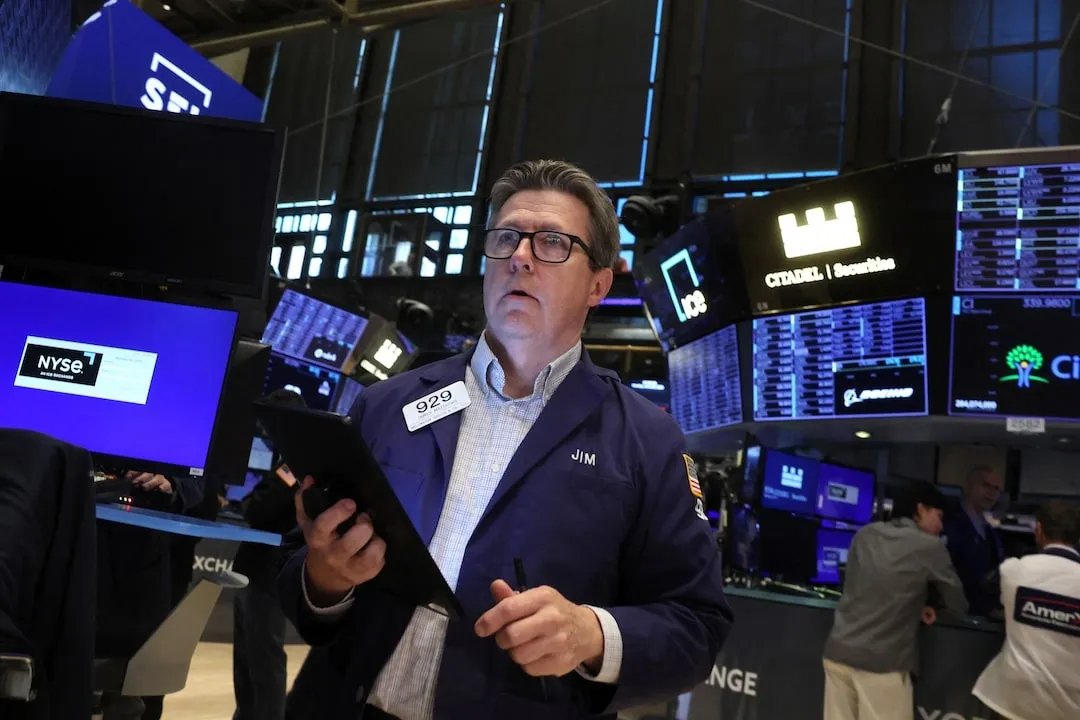
Global stock markets remain volatile.
In international markets, Gulf stock markets such as Qatar (Qatar Stock Exchange – QSE), Saudi Arabia (Tadawul), and Kuwait (Bourse Kuwait) witnessed significant declines.
Qatar’s stock index (QSI) fell by 4%, with most constituent stocks in the red, including a 3.3% drop in Qatar National Bank. Saudi Arabia’s benchmark index (Tadawul All Share Index – TASI) dropped by 3.6%, and Kuwait’s main index (Premier Market Index) fell by 3%. Stocks of airlines such as Jazeera Airways (Kuwait) plummeted by up to 10% due to concerns over airspace avoidance in the region.
In Israel, the Tel Aviv index initially fell by nearly 2% but later recovered slightly. Ronen Menachem, a market economist at Mizrahi Tefahot Bank, stated: “Market developments in the coming days will depend on the continuation of the conflict and the stance of the US.”
Jed Ellerbroek, portfolio manager at Argent Capital Management, made a statement regarding the US market, reflecting the overall sentiment:
“I think the market understands this is a continuation of the ongoing conflict between Iran and Israel. I don’t think the market expects it to escalate. However, the Middle East market, particularly the Gulf region, may react more sensitively to any escalation,” said Jed Ellerbroek.


























